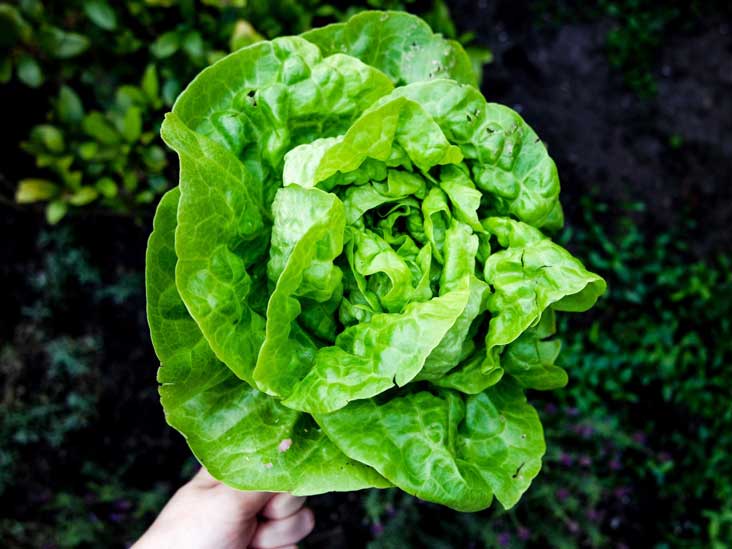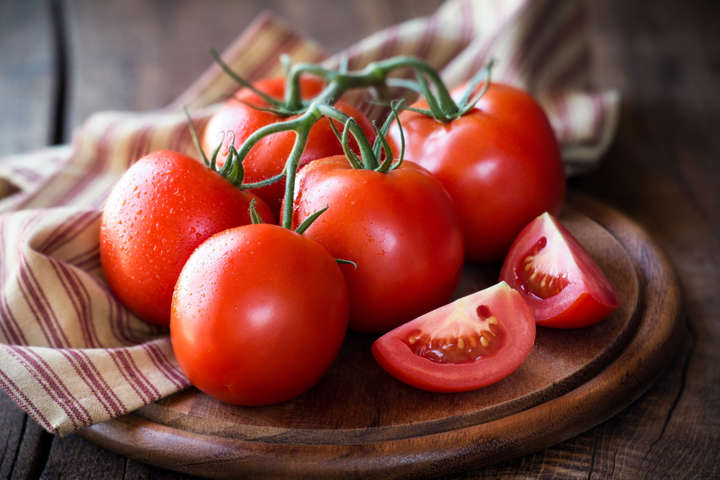Several studies have shown that heart disease accounts for nearly one-third of all deaths, and this happens due to the kind of food that goes into the body. Nutritionists’ have validated it at various instances that diet plays a major role in heart health and can impact your risk of heart disease.
Ensuring to include healthy diet, along with exercising, can reduce your risk for cardiovascular disease significantly. Not only does a healthy diet help sustain a healthy weight, but it will also lower your risk for type 2 diabetes, heart disease and stroke.
Studies carried out at Cornell University and published in the Journal of Nutritional Biochemistry have found 6 healthy foods that you should be eating to maximize your heart health.
1. Leafy Green Vegetables

Leafy green vegetables like spinach, kale and collard greens are well-known for their wealth of vitamins, minerals and antioxidants.
In particular, they’re a great source of vitamin K, which helps protect your arteries and promote proper blood clotting
They’re also high in dietary nitrates, which have been shown to reduce blood pressure, decrease arterial stiffness and improve the function of cells lining the blood vessels.
Analysis of eight studies found that increasing leafy green vegetable intake was associated with up to a 16 percent lower incidence of heart disease.
- Whole Grains

Whole grains include all three nutrient-rich parts of the grain: germ, endosperm and bran.
Common types of whole grains include whole wheat, brown rice, oats, rye, barley, buckwheat and quinoa.
Compared to refined grains, whole grains are higher in fiber, which may help reduce “bad” LDL cholesterol and decrease the risk of heart disease.
Analysis of 45 studies concluded that eating three more servings of whole grains daily was associated with a 22 percent lower risk of heart disease.
Similarly, another study found that eating at least three servings of whole grains significantly decreased systolic blood pressure by 6 mmHg, which is enough to reduce the risk of stroke by about 25 percent.
The researchers however cautioned consumers on what to look for when purchasing whole grains. “Make sure to read the ingredients label carefully, phrases like “whole grain” or “whole wheat” indicate a whole-grain product, while words like “wheat flour” or “multigrain” may not”, they said.
3. Walnuts

Walnuts are a great source of fiber and micronutrients like magnesium, copper and manganese. Research shows that incorporating a few servings of walnuts in your diet can help protect against heart disease.According to one review, eating walnuts can reduce “bad” Low-density lipoprotein (LDL) cholesterol by up to 16 percent, lower diastolic blood pressure by 2–3 mm Hg and decrease oxidative stress and inflammation.
Another study in 365 participants showed that diets supplemented with walnuts led to greater decreases in LDL and total cholesterol.
- Beans

Beans contain resistant starch, which resists digestion and is fermented by the beneficial bacteria in your gut.
The study shows that resistant starch can improve heart health by decreasing blood levels of triglycerides and cholesterol.
Multiple studies have also found that eating beans can reduce certain risk factors for heart disease.
In one study in 16 people, eating beans reduced levels of blood triglycerides and “bad” LDL cholesterol.
One review of 26 studies also found that a diet high in beans and legumes significantly decreased levels of LDL cholesterol.
What’s more, eating beans has been linked to reduced blood pressure and inflammation, both of which are risk factors for heart disease.
5. Tomatoes
Tomatoes are loaded with lycopene, a natural plant pigment with powerful antioxidant properties. Antioxidants help neutralize harmful free radicals, preventing oxidative damage and inflammation, both of which can contribute to heart disease.
Low blood levels of lycopene are linked to an increased risk of heart attack and stroke
The study showed that a high intake of foods rich in lycopene was associated with a reduced risk of heart disease and stroke.
Another study in 50 overweight women found that eating two raw tomatoes four times per week increased levels of “good” HDL cholesterol.
Higher levels of HDL cholesterol can help remove excess cholesterol and plaque from the arteries to keep your heart healthy and protect against heart disease and stroke
6. Garlic

For centuries, garlic has been used as a natural remedy to treat a variety of ailments. In recent years, research has confirmed its potent medicinal properties and found that garlic can even help improve heart health.
Thanks to the presence of a compound called allicin, which is believed to have a multitude of therapeutic effects. According to the study, taking garlic extract in doses of 600–1,500 mg daily for 24 weeks was as effective as a common prescription drug at reducing blood pressure.
One review compiled the results of 39 studies and found that garlic can reduce total cholesterol by an average of 17 mg/dL and “bad” LDL cholesterol by 9 mg/dL in those with high cholesterol.
Garlic extract can inhibit platelet buildup, which may reduce the risk of blood clots and stroke.
Be sure to consume garlic raw, or crush it and let it sit for a few minutes before cooking. This allows for the formation of allicin, maximizing its potential health benefits.












